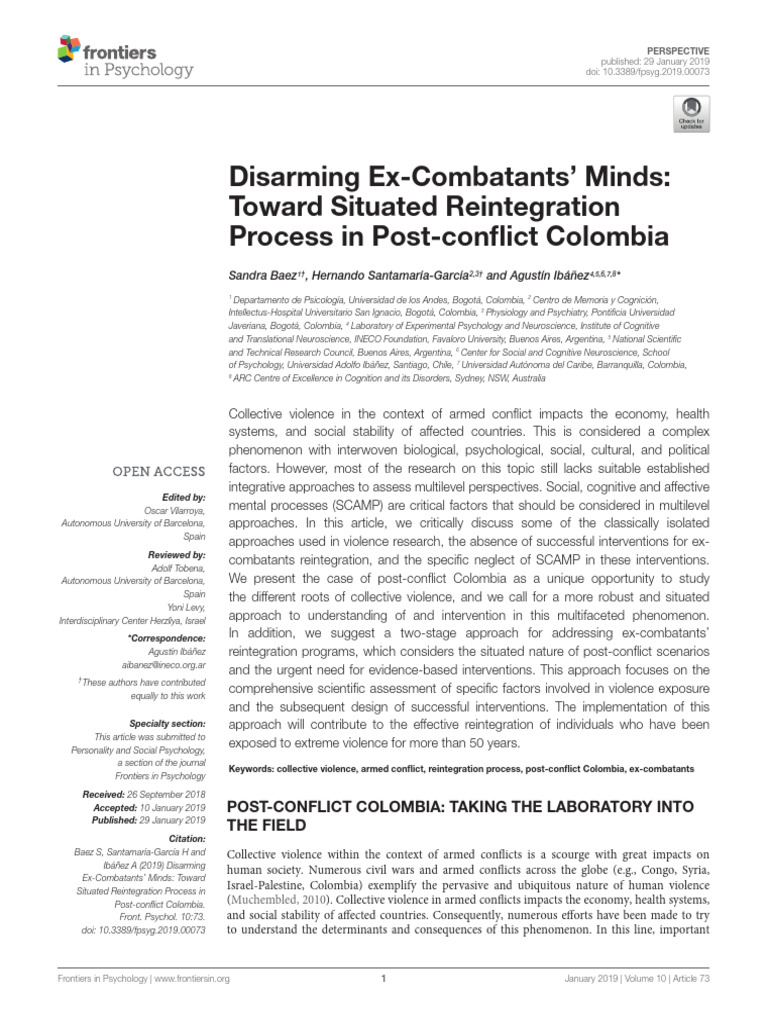In contemplating the essence of peace, one may wonder: can genuine tranquility ever be achieved if the heart remains rife with discord? This question lays the foundation for an exploration into the Bahá’í teachings, particularly regarding the disarming of hearts and minds as a pathway to sustainable peace. This discourse will delve into various facets of this philosophy, illuminating how the transformative power of love and unity can prevail in the face of conflict.
At the heart of Bahá’í teachings is the proposition that peace is not merely the absence of war; it is the culmination of resilient relationships forged through understanding, compassion, and dedication. To disarm hearts and minds means to dismantle the barriers of misunderstanding and prejudice that often lead to discord. This approach begins with individual introspection, a solemn examination of one’s own beliefs and biases.
To embark on this transformative journey, one must first recognize the omnipresence of divine love. The Bahá’í Faith posits that recognizing the inherent nobility of every individual fosters a perspective of unity. It challenges us to contemplate the underlying connections between all people, transcending superficial differences of race, nationality, or creed. In a world increasingly fractured by division, the message of collective humanity resounds with urgency and necessity.
Moreover, the teachings call for the eradication of blind prejudice, which is often the root cause of enmity. Engaging in sincere dialogue that transcends mere verbal exchange becomes paramount. Rather than speaking at others, true discourse involves a willing heart that listens, understands, and empathizes. This engagement fosters an environment ripe for transforming animosity into camaraderie, thus disarming hearts through mutual respect and understanding.
But how does one cultivate this spirit of listening in a society that is frequently polarized? This challenge requires an intentional departure from entrenched positions. It necessitates an examination of one’s own vulnerabilities and a willingness to extend grace to those with whom one might vehemently disagree. This self-effacing approach to dialogue is pivotal; it can convert contentious debates into collaborative explorations aimed at shared understanding.
Furthermore, Bahá’í teachings advocate for the importance of education as a tool for disarming the mind. Knowledge empowers individuals to combat ignorance, which is often the fertile soil from which fear and aggression grow. Through the lens of the Bahá’í Faith, education extends beyond traditional academic learning; it encompasses moral and spiritual development. Equipping individuals — especially the younger generation — with the tools necessary for critical thinking and ethical reasoning lays the groundwork for a more peaceful society.
Progressing beyond individual transformations, the Bahá’í principles emphasize the collective responsibility of communities. To foster peace on a broader scale, it is imperative that communities engage in systemic change, addressing the root causes of social injustices. The concept of collective action is rooted deeply in the belief that unity is not a mere ideal but a practical necessity. Creative and intentional collaborations among diverse groups can lead to innovative solutions for transforming conflicts into opportunities for dialogue.
Moreover, the Bahá’í teachings encourage the establishment of community support systems that champion conflict resolution through restorative practices. The power of forgiveness emerges as a crucial component in this process. When individuals offer forgiveness, it acts as a powerful disarmament strategy, dismantling cycles of retaliation and aggression. The capacity to forgive not only liberates the individual but cultivates an environment conducive to reconciliation, thereby fostering communal peace.
In this endeavor, the notion of service to humanity stands as a guiding principle within Bahá’í teachings. Engaging in acts of service fosters a sense of interconnectedness and purpose. It redirects energy from divisive endeavors toward constructive actions that uplift and empower individuals and communities. Service serves as a bridge that spans individual differences, creating a tapestry of collective harmony.
As one confronts the pervasive challenges of our time, the imperative of applying Bahá’í teachings to contemporary conflicts becomes ever more salient. For instance, the quest for gender equality, social justice, and environmental stewardship can be approached through the lens of disarming hearts and minds. By fostering equitable dialogues regarding these pressing issues, stakeholders can cultivate a harmonious society that honors both diversity and unity.
Ultimately, the path to peace — as articulated in Bahá’í teachings — embraces the culmination of individual and collective efforts. Disarming hearts and minds is not a singular event; rather, it is an ongoing process that requires dedication and perseverance. As individuals strive to overcome personal discord and societal divides, they embark on a journey that transcends immediate circumstances, nurturing a legacy of peace for future generations.
In closing, the teachings of Bahá’u’lláh serve as a clarion call to action for humanity. In disarming our hearts and minds, we respond to the timeless quest for peace, weaving a fabric of unity that is as profound as it is necessary. Are we, as individuals and communities, ready to muster the courage to dismantle our internal barriers and embrace a future where peace reigns supreme? The answer to this question lies in the actions we choose to undertake today.
